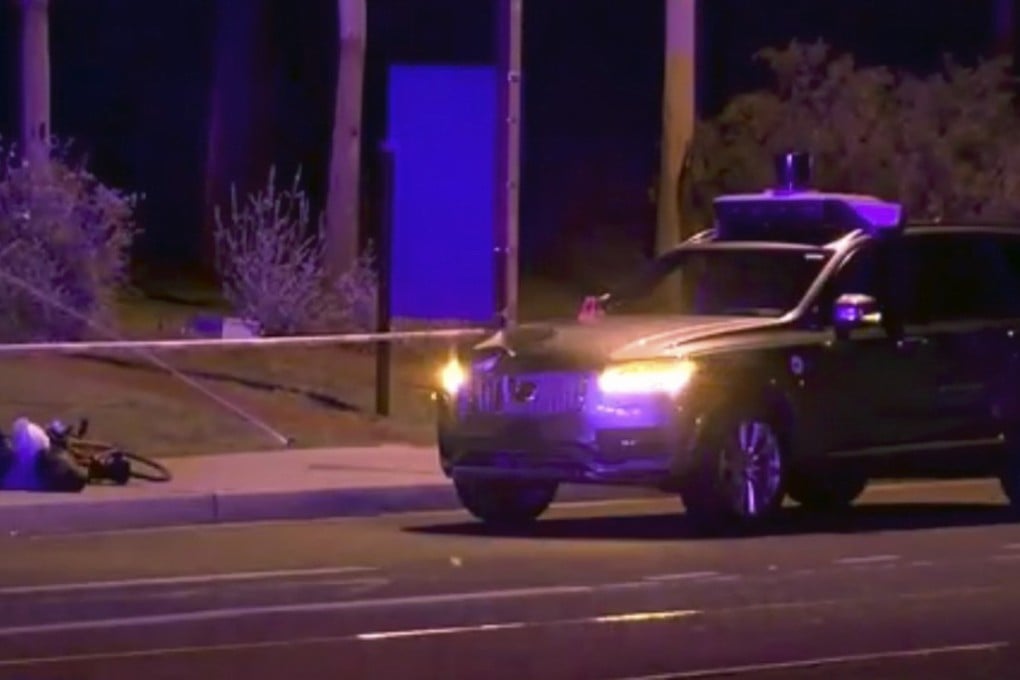Driverless cars in need of legal brakes
The death of a female pedestrian in the United States highlights the testing road ahead for autonomous vehicles, and Hong Kong would be wise to devise a regulatory system for such transport

The death of a female pedestrian hit by a self-driving car in Tempe, in the US state of Arizona, is a wake-up call that driverless technology may be getting ahead of itself.
It came as local experts urged Hong Kong authorities to clarify “drivers’ liabilities” behind the wheel of an automated vehicle versus those of a manufacturer of an automated system. Automotive and technology giants around the world, from General Motors to Ford to Tesla to Google, have jumped into the race not to be left behind with big investments in the hot sector.
Ride-hailing firm Uber has been seeking tie-ups with global carmakers to produce driverless vehicles using its own autonomous software and mapping systems.

Now Uber says it is suspending self-driving car tests in all US cities after the 49-year-old woman was hit and killed as she crossed the street. Japanese multinational Toyota has also suspended tests in the United States out of concern the emotional effect the fatal accident may have on its test drivers.
While they have been involved in multiple accidents, it is thought to be the first time an autonomous car has been involved in a fatal collision.
